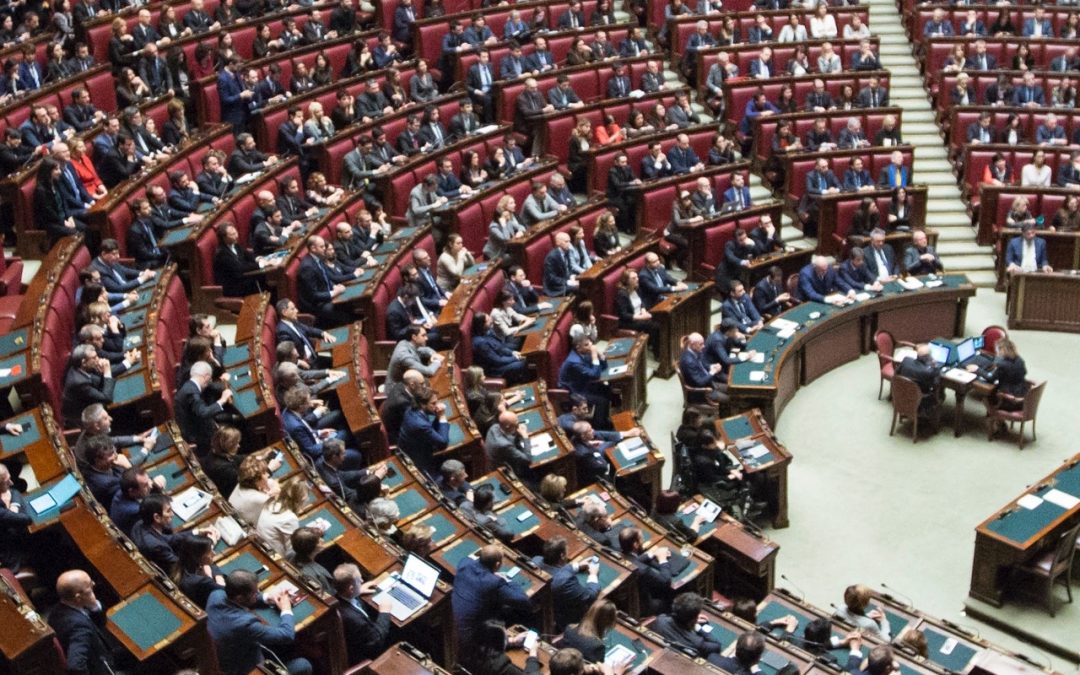With the beginning of a new session of congress and an ever-expanding list of 2020 presidential hopefuls, it seems impossible to go a week without hearing something regarding the concept of “Medicare for All”. The Medicare for All Bill (HR 1384), introduced into the House of Representatives by Rep. Pramila Jayapal (D-WA) and co-signed by over 100 Representatives, is painted as a solution to the ever-present health care problems in the United States. But at its core, this bill poses great threats to religious liberty, access to care, and the quality of care received.
Concern for Religious Liberty: Life Issues

First and foremost the Medicare for All Bill threatens religious liberty for Catholics, Christians, and other religions whose dogmas reject abortion. Under this bill, abortion would be covered, qualifying as “medically necessary care” for all United States citizens and would be funded through proposed tax increases and government funding. This presents a conundrum for faithful Catholics and pro-life advocates alike who oppose abortion on religious and moral grounds. In addition to the concerns of abortion’s role in the Medicare for All Bill, there are questions remaining as to whether other ethically problematic procedures such as vitro fertilization, assisted suicide, or euthanasia would be covered.
Threatening the Conscious Rights of Doctors & Medical Professionals
This bill also lacks any provision protecting the freedom of doctors and other medical staff within the Medicare for All system to object to participate in procedures that violate their personal religious convictions. Even if there was a narrow loophole indicating that doctors would not have to administer an abortion or other morally problematic procedure, those doctors would likely be forced under law to refer patients to other doctors who would perform these services. After all, the government cannot guarantee procedures to people and then fail to deliver those services because there are not enough willing doctors. Since the government would have complete control, the conscience rights of doctors and medical staff would suffer.
Bureaucrats Creating A Deeper Rift in the Doctor-Patient Relationship
As Catholic Americans, we believe that effective health care depends on the relationship between the doctor and patient in an effort to improve the patient’s whole health, which the Medicare for All Bill threatens to diminish. The Medicare for All Bill vests authority in a “National Board of Universal Quality and Access,” which consists of 15 Members appointed by the President of the United States with the advice and consent of the Senate. This board would ultimately make recommendations on health care related topics including access to care, which could ultimately hurt vulnerable Americans. If healthcare is really about the relationship between a doctor and a patient, it is hard to fathom a worse situation for Americans than having their healthcare dictated by Washington bureaucrats.

Higher Taxes and Standardized Wages for Doctors
Quality of care faces grave consequences under the Medicare for All Bill, through the elimination of a competitive health care market. Doctors would receive standard compensation regardless of whether they are the best cardiac surgeon in the country or the worst. The bill also lacks clarity on whether patients would be required to wait in long lines such as those in Canada for life-saving medical services. These issues, among others, increase the likelihood for decreased quality of healthcare Americans receive. On top of all of this, there is no calculation of the cost or mention of how much of a tax increase would be required to fund this proposed health care system, instead vague language in the bill proposes “modest” increases to be made on the top 5 percent income earners and unearned income, in conjunction with an excise tax on payroll and self-employment income, and “small” tax on stock and bond transactions.
Final Thoughts
What we are left with is the proposed skeleton of an irresponsible healthcare system that jeopardizes religious freedom, access to care, and quality of care for Americans. Though this bill seeks to change the health care landscape for the United States, there is nothing really “progressive” about government sponsored healthcare. Rather than damaging an already ailing healthcare system by passing the Medicare for All Bill, our country and our health care systems desperately need to cultivate a more personal approach to healthcare—not more political intrusion.

